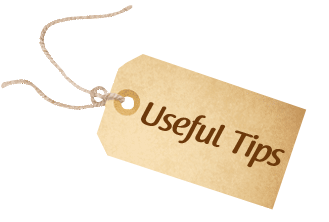DO IT YOURSELF
Do you want to try to do it on your own? Check out our YouTube channel for tips, or go and order the best products that we recommend on Amazon.
Clean and reapply sealer as needed.
Cleaning your concrete driveway on occasion and keeping it sealed are the best measures you can take to keep it looking its best. How often you clean and reseal will depend on the weather conditions the concrete is exposed to and the amount of vehicle traffic it receives. Generally, you should reseal a concrete driveway every two years or so, or when the finish begins to show wear. Good commercial sealers are available from concrete material suppliers and hardware stores. Or ask your contractor for recommendations. Always apply the sealer according to the manufacturer's recommendations.
Cleaning your concrete driveway on occasion and keeping it sealed are the best measures you can take to keep it looking its best. How often you clean and reseal will depend on the weather conditions the concrete is exposed to and the amount of vehicle traffic it receives. Generally, you should reseal a concrete driveway every two years or so, or when the finish begins to show wear. Good commercial sealers are available from concrete material suppliers and hardware stores. Or ask your contractor for recommendations. Always apply the sealer according to the manufacturer's recommendations.
Remove stains immediately.
While a sealer will help to protect concrete from stain absorption, it's still a good idea to remove oil, gasoline, grease and other spills as soon as possible. If the concrete does discolor, pressure washing and certain cleaning chemicals will remove most stains
Avoid using deicing chemicals.
Using deicers on your concrete driveway in the winter can cause surface damage—primarily scaling and spalling—by forcing the thawing and refreezing of moisture. Products containing ammonium nitrates and ammonium sulphates are especially harmful because they will actually attack the concrete chemically. Rock salt (sodium chloride) or calcium chloride will do less damage, but they can harm vegetation and corrode metal. Avoid the use of any deicers the first winter after driveway placement, since new concrete is more susceptible to the harmful effects of salt. As an alternative, use sand for traction.
Treat it with care.
Although concrete is one of the most durable paving materials for driveway construction, the typical residential driveway isn't engineered to support heavy vehicles (like a huge moving van) and large construction equipment. Also use care when plowing or shoveling your driveway. Avoid the use of metal blades that might scrape or scratch the surface.
Contact us at Fort Collins Concrete for more information and help with your concrete project.

